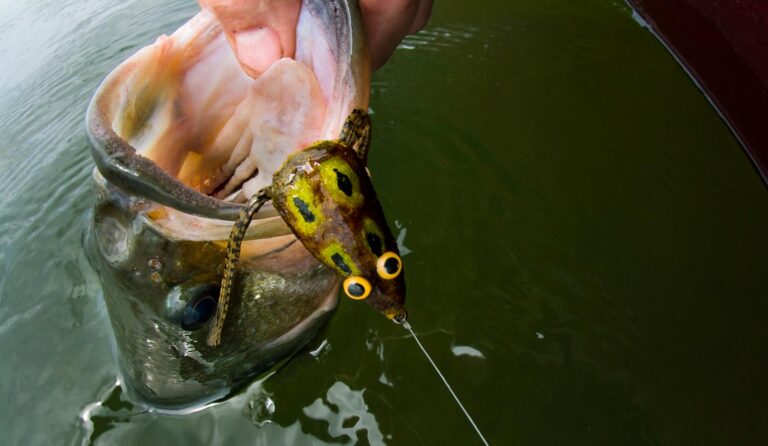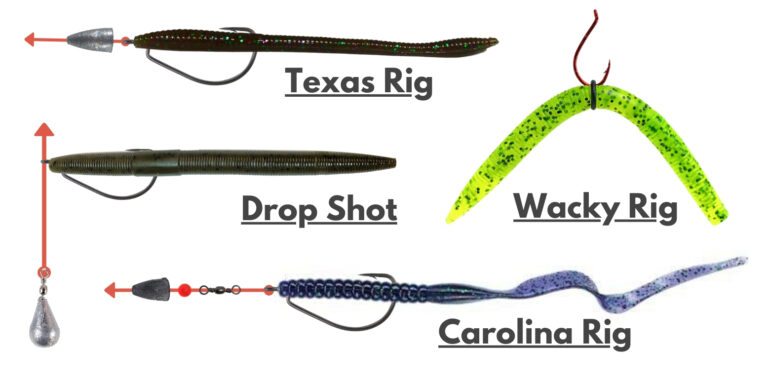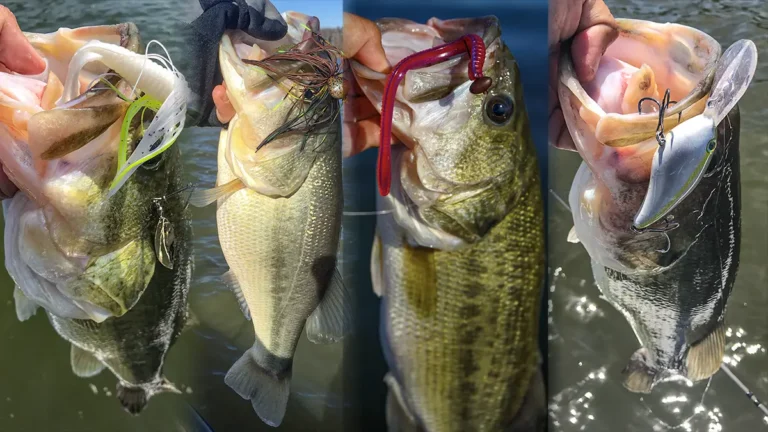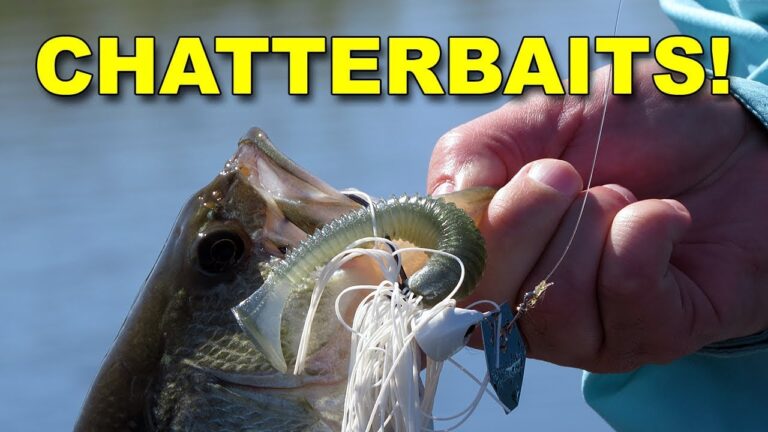How Long Do Bass Spawn
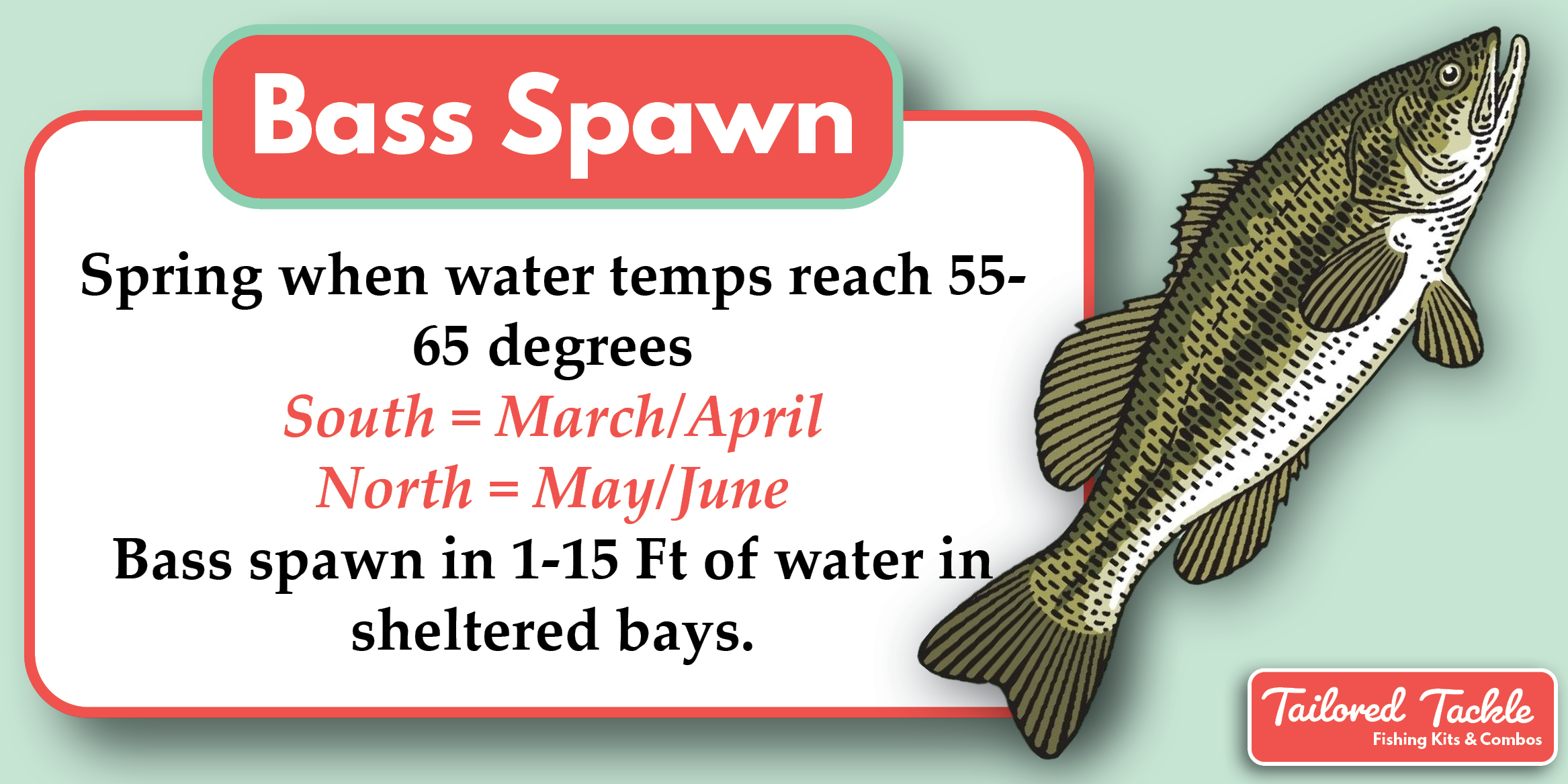
Bass typically spawn once per year, with the period lasting from 1 to 3 weeks. The spawning season is often triggered by water temperatures reaching between 55°F and 65°F.
The annual spawning of bass is a crucial period for anglers and ecologists alike, marking a time of both opportunity and ecological importance. As water temperatures warm in the spring, bass move into shallower waters to begin their reproductive cycle.
This behavior is highly anticipated by fishing enthusiasts, as it increases the chances of catching these popular game fish. Understanding the timing and duration of the bass spawn is vital for both maintaining bass populations and supporting recreational fishing industries. Seasonal changes play a significant role in dictating the exact spawning windows, which can vary by geographic location and water conditions. Engaging with the bass spawn period responsibly ensures a balance between the sport of fishing and the sustainability of bass species.
The Bass Spawning Season
Spawning times for bass vary due to several key factors. Water temperature is crucial, as bass typically spawn in ranges between 55 to 65 degrees Fahrenheit. Day length also impacts spawn timing, where longer days in spring signal the start. Local weather patterns can accelerate or delay spawning based on sudden changes in temperature.
Geographical location plays a significant role in determining the spawn schedule. For instance, bass in southern regions might spawn as early as February, while northern areas see activity around June. Specifics can vary even within the same state, where waterways may have slightly different temperatures and conditions.
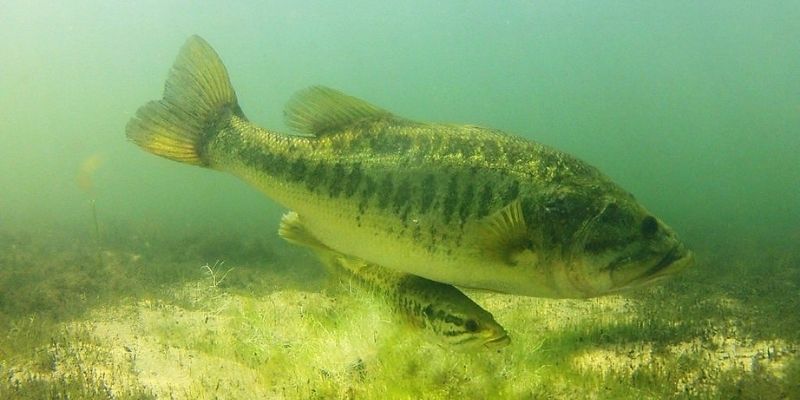
Credit: www.luckytacklebox.com
Stages Of The Bass Spawn
Bass pre-spawn behavior is fascinating. Water temperature rises, prompting bass to move. They seek shallow waters with a suitable substrate for laying eggs. Male bass clear out debris, creating spawning beds, while females feed aggressively, bulking up for the energy-intensive spawning process.
During the active spawning period, the female bass lays eggs in the prepared nests. Males then fertilize these eggs. This phase can last from a few days to a couple of weeks, depending mainly on water temperatures and moon phases.
| Post-spawn recovery sees bass in a weakened state. | They retreat to deeper waters, | slowly regaining strength. |
| Feeding ramps up, | helping bass recover | from the energy spent during spawning. |
Environmental Triggers For Bass Spawning
Bass spawning depends on certain environmental triggers. Key factors include water temperature, daylight hours, and moon phases. Their reproductive cycle begins when water temperatures reach about 55 to 65 degrees Fahrenheit. The ideal range for spawning is 60 to 70 degrees.
Longer daylight hours in spring signal bass to start the spawning process. Bass rely on increasing day length to prepare for reproduction. Moon phases, particularly the new and full moons, may also influence bass spawning activity. These lunar cycles can trigger heightened spawning behaviors.
Duration Of Bass Spawning
The duration of bass spawning varies based on several factors. Typically, the average timeframe for bass to spawn is from late winter through spring. The length of the spawning period can fluctuate depending on water temperature, day length, and weather conditions. Water temperatures between 55 to 65 degrees Fahrenheit are ideal for bass to begin spawning.
Various factors can lead to an extended spawning season. Increased water clarity and stable weather patterns contribute to longer spawning durations. Geographical location also plays a role, as bass in southern regions may spawn earlier and for a longer period compared to those in northern areas. Healthy aquatic vegetation provides a safe environment for spawning, potentially stretching the timeframe.
Impact Of Spawning Duration On Bass Populations
The duration of bass spawn significantly affects their growth and survival. Spawning is critical for bass to continue their life cycle. Longer spawning periods often lead to higher rates of successful hatchlings. This abundance of young fish can sometimes strain food resources. Shorter spawns might result in fewer young, but possibly healthier offspring due to less competition for food.
Proper management strategies are crucial for sustaining healthy bass populations. Fishery biologists work carefully to balance these factors. They aim to protect bass during their most vulnerable spawning times. Regulations such as seasonal fishing restrictions help. They ensure bass populations thrive year after year. Conservation efforts improve the overall ecosystem stability, benefiting not just bass, but all aquatic life.

Credit: www.onthewater.com
Fishing During The Spawning Season
Fishing during the spawning season requires understanding ethical considerations. Anglers should respect the bass’s reproduction process to ensure fish populations thrive. It’s crucial to practice catch and release with care. Handling fish gently and returning them quickly to the water helps survival.
Knowing the techniques and timing can also impact the spawn. Use methods that are less stressful for the bass. The perfect time for fishing is when water temperatures reach 60 to 70 degrees Fahrenheit.
Lastly, regulation and conservation play a key role. Always follow local laws designed to protect fish during critical times. These laws may include season closures or gear restrictions to help sustain the bass population.

Credit: www.in-fisherman.com
Frequently Asked Questions For How Long Do Bass Spawn
How Do You Know When Bass Are Spawning?
Bass typically spawn when water temperatures reach 55-65°F. Notice them in shallow waters as males prepare nesting sites. Watch for pairs of bass and nesting activity as sure signs of spawning.
Will Bass Bite While Spawning?
Yes, bass can be aggressive and bite during their spawning season, defending their nests against perceived threats.
Do Bass Spawn Multiple Times A Year?
Bass typically spawn once per year, during the spring season when water temperatures are suitable for egg development.
How Many Times Do Largemouth Bass Spawn?
Largemouth bass typically spawn once per year, during the spring when water temperatures reach about 60°F to 65°F.
Conclusion
Wrapping up, bass spawning duration varies by climate, water temperature, and species. Typically, it spans from one to three weeks. Understanding this cycle is vital for anglers and conservationists alike. As seasons shift, so too do the habits of these compelling creatures.
Keep this cycle in mind for successful fishing adventures or eco-studies.
